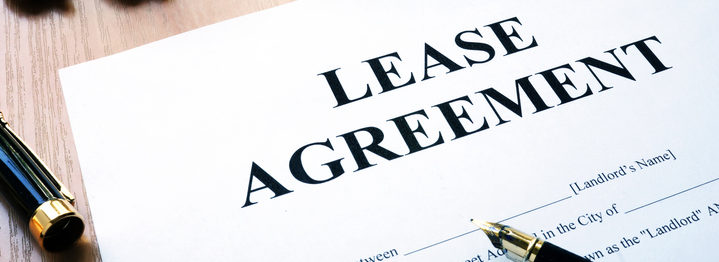
When you invest in real estate with the goal of managing income-producing rental properties, there are four rules you must live by. First, you have to subscribe to the principle that you make your money when you buy. In other words, you should only invest in a property when the price makes sense.
The second rule is to buy in an area where the market is improving, rather than one where the signs indicate potentially imminent decline. You want to make money on the way up, not lose it on the way down.
The third rule is to set a competitive rate that ensures you will see positive cash flow from month to month (and leave enough cushion so that isolated emergencies don’t inflict lasting damage).
Fourth, you need to become skilled at selecting good tenants.
Many real estate investors do a decent job of handling the first three rules, but they often flop when it comes to the fourth. Unfortunately, this can render all of their other hard work useless, and create huge challenges the owner may or may not be able to overcome.
If you invest in rental properties, you mustn’t discount the importance of finding and retaining good tenants. It’s one of the four major keys to success. Disregard it at your financial peril.
One of the weaknesses of many landlords is that they don’t know what a good tenant looks like. If you’re struggling with this, it may be helpful to develop some context. An experienced landlord will tell you that good tenants don’t do any of the following:
A good tenant understands that he or she is renting the property from you with the understanding that the renter is the tenant and you are the landlord. The renter should never, under any circumstances, sublet the property without your knowledge.
This includes long-term subletting situations, as well as the use of platforms like Airbnb and Homeaway. “This type can be difficult to spot through a screening, but you can check with past landlords to see if the tenant has sublet their property in the past,” expert Taylor Short writes.
“That’s not a perfect indicator, of course; great tenants sometimes need to sublet to make other living arrangements work.”
A good tenant will be honest about damaging something on the property. Whether it’s a hole in drywall, a broken window, or some other accidental occurrence, your tenants should be up-front with you (and might even fix the problem before letting you know).
A bad tenant won’t do this. Not only will such people put off telling you, but they may actually hide the damage. In certain cases, this can make the underlying issue worse (and cause additional damage).
A good tenant may not make every rent payment on time, but he or she will at least be honest with you when there’s a slip-up. Excellent tenants will explain that they just started a new job and have to wait until next pay cycle for the paycheck to come through, rather than make up a story about how they were robbed at gunpoint by intruders.
Good tenants respect the terms of the lease agreement and don’t violate them … even when it’s not easy for you to find out whether they’ve been honest.
For example, a good tenant won’t bring a pet onto the property when the lease agreement clearly forbids them. If they want to get a pet, they’ll open a dialogue with you.
Good tenants understand that you own the property and part of your income depends on keeping it in good shape. When they spot a maintenance issue, they’ll tell you about it … even when they don’t technically have to.
For example, a good tenant will let you know when the AC unit appears to be freezing over, or when a pipe has sprung a small leak. This enables you to fix it quickly and avoid further problems.
Finally, good tenants don’t leave your property looking like a mess. Not only will they clean it up prior to moving out, but they’ll also make sure the yard and common areas look neat throughout their tenancy.
If you read through the previous section and felt the various poor behaviors describe your tenants, then you could be headed for financial trouble. And though it seems scary to rock the boat, you’re putting yourself at risk if you continue to do business with bad tenants.
Here are some ways to get rid of them legally:
At Green Residential, we take tenant screenings seriously. Though it’s just one facet of property management, it’s one of the foundational pillars of success in this industry.
If you’re looking for a professional property management service to handle your tenant screening, background searches, rent collection, and other key tasks, we’ve got you covered. Please contact us today for a free property management analysis!
